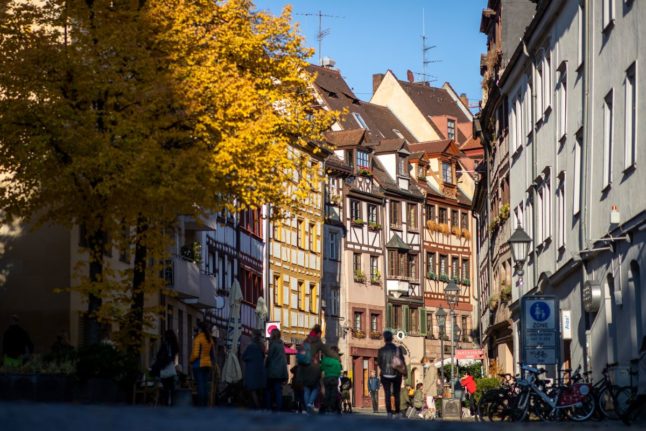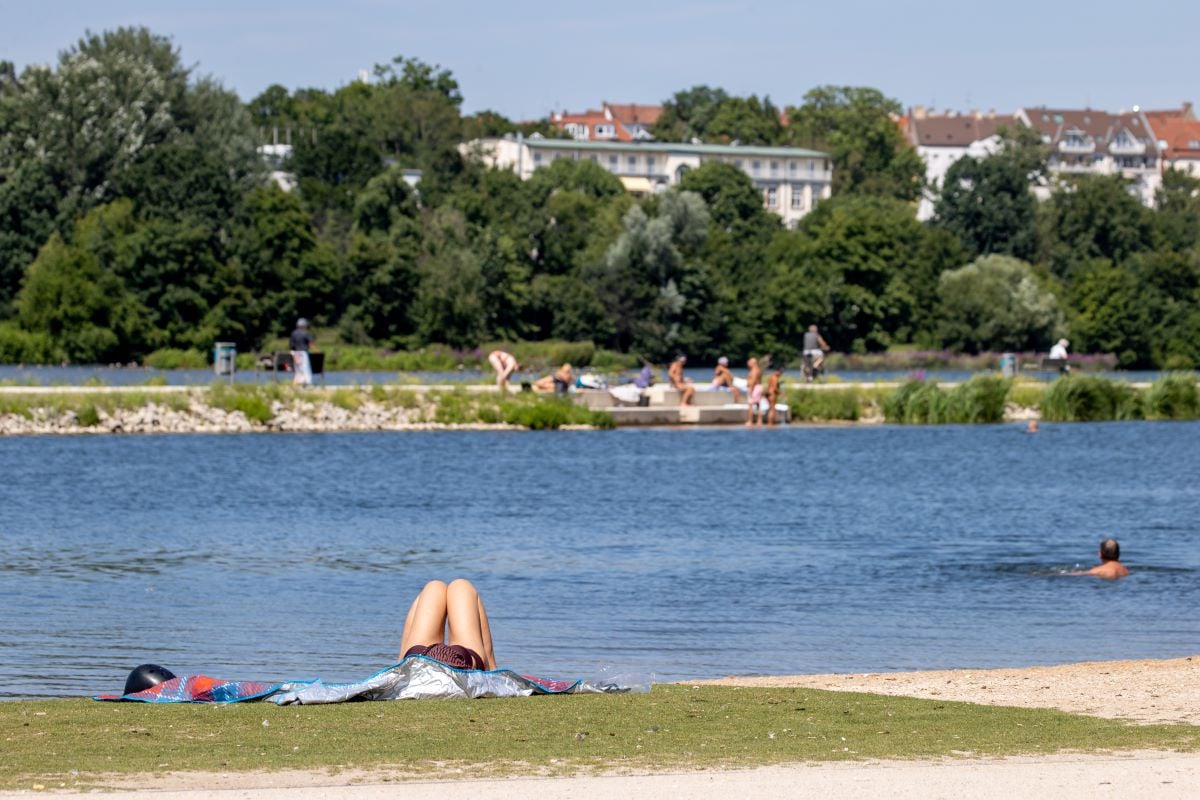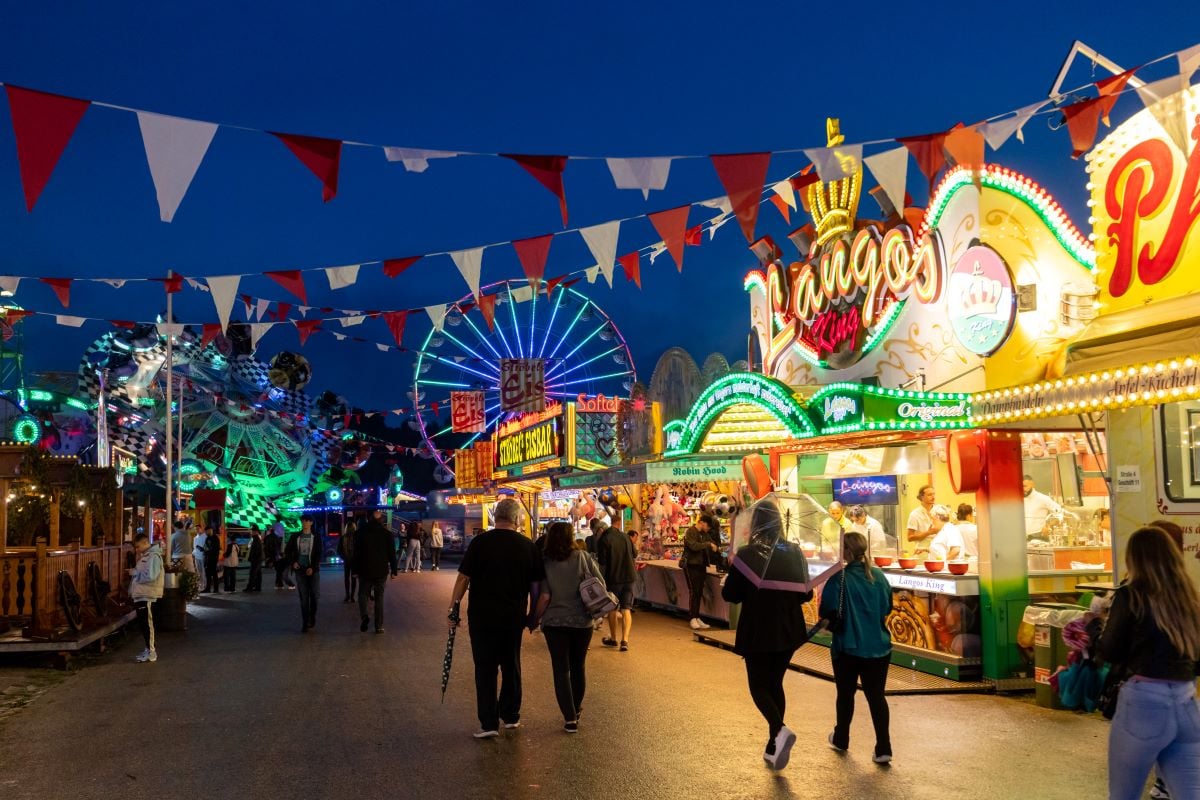Approved by the Bavarian Cabinet on Tuesday, the new ‘PISA Initiative’ aims to address poor results among primary school pupils by introducing extra German and maths lessons.
In years one to four, children in Bavaria are set to receive an addition hour of German each week, while years one and three will also receive an extra hour of maths.
Bavaria’s new education minister, Anna Stolz, of the Free Voters, drafted the new education concept as a means of tacking poor reading and writing skills among young pupils.
Maths and literacy skills have been declining in Germany in recent years, causing politicians and education professionals to sound the alarm about an unfit schooling system.
In the latest Programme for International Student Assessment (PISA) study released at the end of last year, students in Germany achieved some of their lowest scores yet in core subjects like literacy, mathematics and science.
Stolz’s overhaul of primary education aims to plug that gap.
However, improving numeracy and literary skills comes at the expense of cuts to art, music and craft lessons, as well as a possible reduction in the number of hours of English children receive.
READ ALSO: German school pupils plummet to ‘lowest score ever’ in international rankings
The previous schedule strictly allocated one hour for art, two hours for music, and two hours for crafts and design. Under the new system, however, four to five hours will be allocated for all of those subjects, with schools decided how they want to allot that time.
According to Stolz, there will be no obligation to offer art, music and crafts alongside each other: instead, schools could choose to offer art in the first semester and music in the second, for example.
Starting from the academic year 2024/2025, English lessons could also be reduced by schools. Currently, pupils in their third and fourth year of primary school study English for two hours a week, but this is set to be rejigged to allow schools to offer between one and two hours.
Plans to cut religious education and ethical studies down from its current three hours per week were vetoed by Bavarian state premier Markus Söder (CSU) amid backlash from fellow CSU politicians and representatives of the church.
Language tests
In addition to curricular changes, the ‘PISA Offensive’ introduces language assessments for young children to gauge their proficiency in German.
Starting at the beginning of the 2025/26 school year, children will be tested on their language skills a year and a half before reaching school age, and once again in the spring before enrollment.
Children who don’t meet the required language level will attend special language courses to boost their attainment, and in extreme cases, children could also be held back for a year.
Gabriele Triebel, education expert for the Green Party, applauded the focus on improving maths and literacy but said that the emphasis on holistic education should not be lost.
READ ALSO: Should children in Germany have to take language tests before school?
Boosting German and mathematics at the expense of art, music and crafts would create a two-tier system where some subjects were prioritised over others, she argued.
The SPD also voiced reservations about the scheme and criticised the proposed cuts to English lessons. With Bavaria needing to compete internationally, reducing English provisions could jeapordise that aim, they said.





 Please whitelist us to continue reading.
Please whitelist us to continue reading.
Member comments